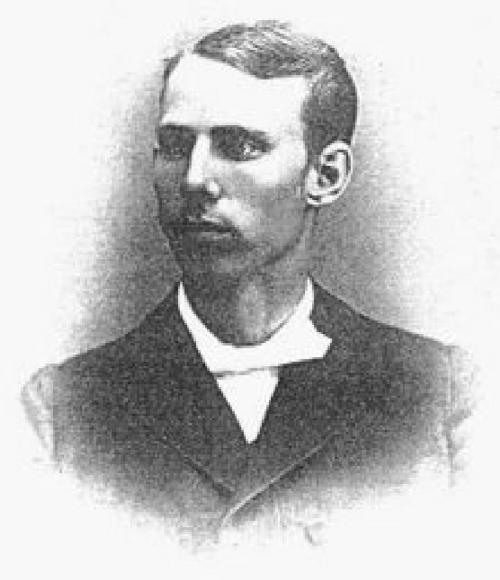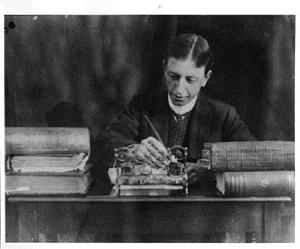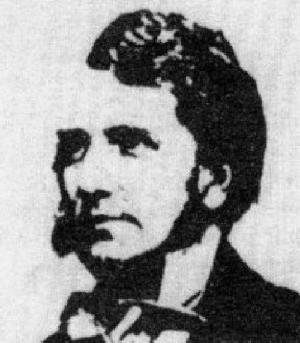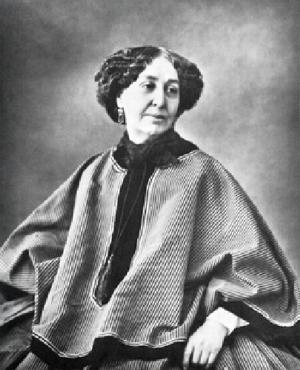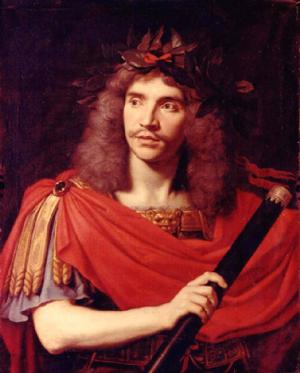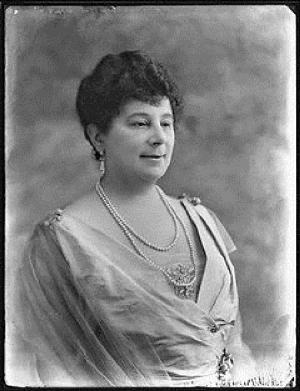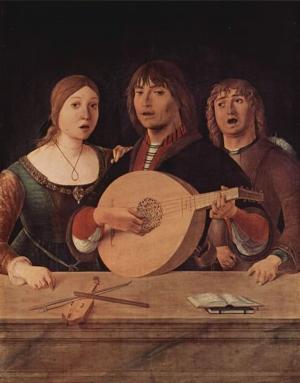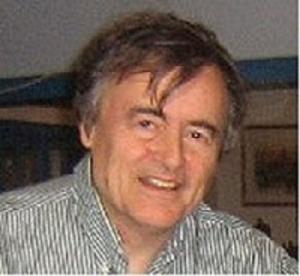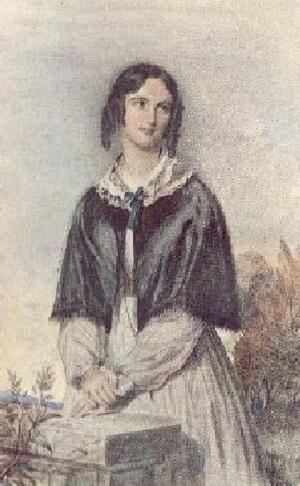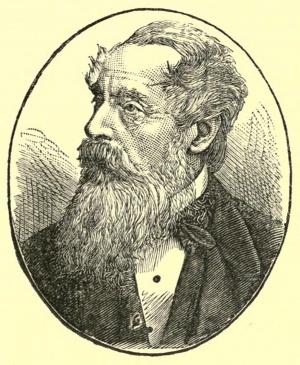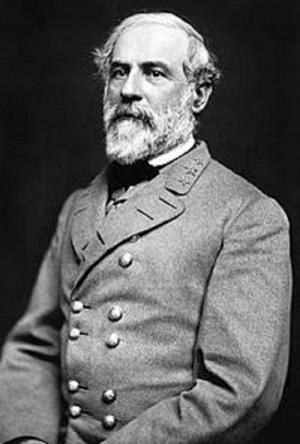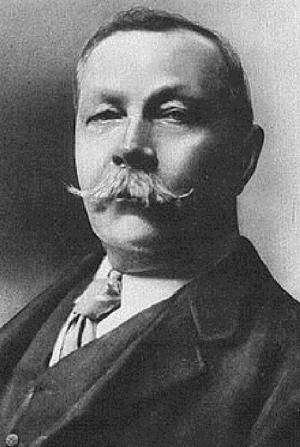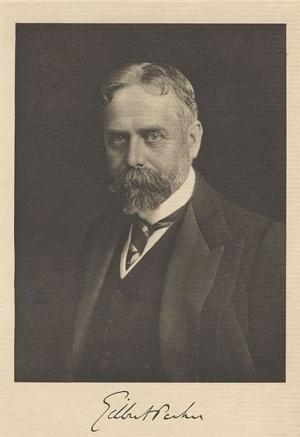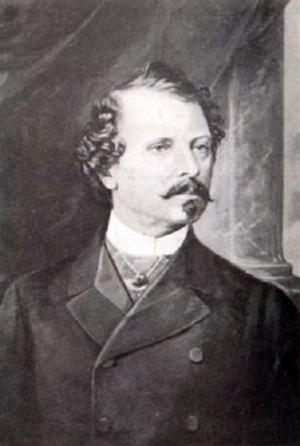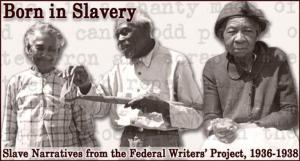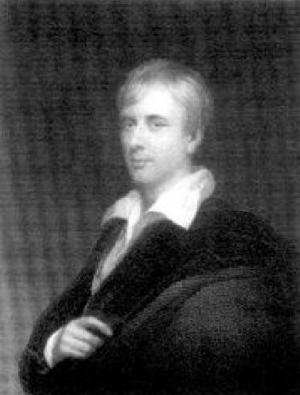| Author: | Irving Bacheller | ISBN: | 9781455304387 |
| Publisher: | B&R Samizdat Express | Publication: | December 15, 2009 |
| Imprint: | Language: | English |
| Author: | Irving Bacheller |
| ISBN: | 9781455304387 |
| Publisher: | B&R Samizdat Express |
| Publication: | December 15, 2009 |
| Imprint: | |
| Language: | English |
According to Wikipedia: "Addison Irving Bacheller (September 26, 1859 February 24, 1950) was an American journalist and writer who founded the first modern newspaper syndicate in the United States. It was through the Bacheller Syndicate that he brought to American readers the writings of British authors such as Joseph Conrad, Arthur Conan Doyle, and Rudyard Kipling. He also established a working partnership with the young author and journalist Stephen Crane, whose The Red Badge of Courage became famous after it appeared in syndication. Several years later, Bacheller hired Crane to act as a war correspondent in Cuba during the insurrection against Spain; on the journey there, Crane's ship foundered off the coast of Florida, and he was stranded on a dingy for two days. This experience lead to his short story "The Open Boat". Irving Bacheller began writing himself, publishing "The Master of Silence" in 1892 and "Still House of O'Darrow" in 1894. Although he was appointed Sunday editor of the New York World in 1898, he soon chose to pursue a full-time career as a fiction writer and two years later gave up his journalist position. Writing novels primarily concerned with early American life in the North Country of New York State, in 1900 his novel "Eben Holden," subtitled A Tale of the North Country, proved a major success. According to the New York Times, "Eben Holden" was the 4th bestselling novel in the United States in 1900. In 1901 the book was still ranked fifth for the year and his next novel issued that year titled "D'ri and I" was 10th in annual sales. Sixteen years later, Bacheller's work "The Light in the Clearing" was the No.2 best-selling book in America and in 1920, "A Man for the Ages" was fifth."
According to Wikipedia: "Addison Irving Bacheller (September 26, 1859 February 24, 1950) was an American journalist and writer who founded the first modern newspaper syndicate in the United States. It was through the Bacheller Syndicate that he brought to American readers the writings of British authors such as Joseph Conrad, Arthur Conan Doyle, and Rudyard Kipling. He also established a working partnership with the young author and journalist Stephen Crane, whose The Red Badge of Courage became famous after it appeared in syndication. Several years later, Bacheller hired Crane to act as a war correspondent in Cuba during the insurrection against Spain; on the journey there, Crane's ship foundered off the coast of Florida, and he was stranded on a dingy for two days. This experience lead to his short story "The Open Boat". Irving Bacheller began writing himself, publishing "The Master of Silence" in 1892 and "Still House of O'Darrow" in 1894. Although he was appointed Sunday editor of the New York World in 1898, he soon chose to pursue a full-time career as a fiction writer and two years later gave up his journalist position. Writing novels primarily concerned with early American life in the North Country of New York State, in 1900 his novel "Eben Holden," subtitled A Tale of the North Country, proved a major success. According to the New York Times, "Eben Holden" was the 4th bestselling novel in the United States in 1900. In 1901 the book was still ranked fifth for the year and his next novel issued that year titled "D'ri and I" was 10th in annual sales. Sixteen years later, Bacheller's work "The Light in the Clearing" was the No.2 best-selling book in America and in 1920, "A Man for the Ages" was fifth."
